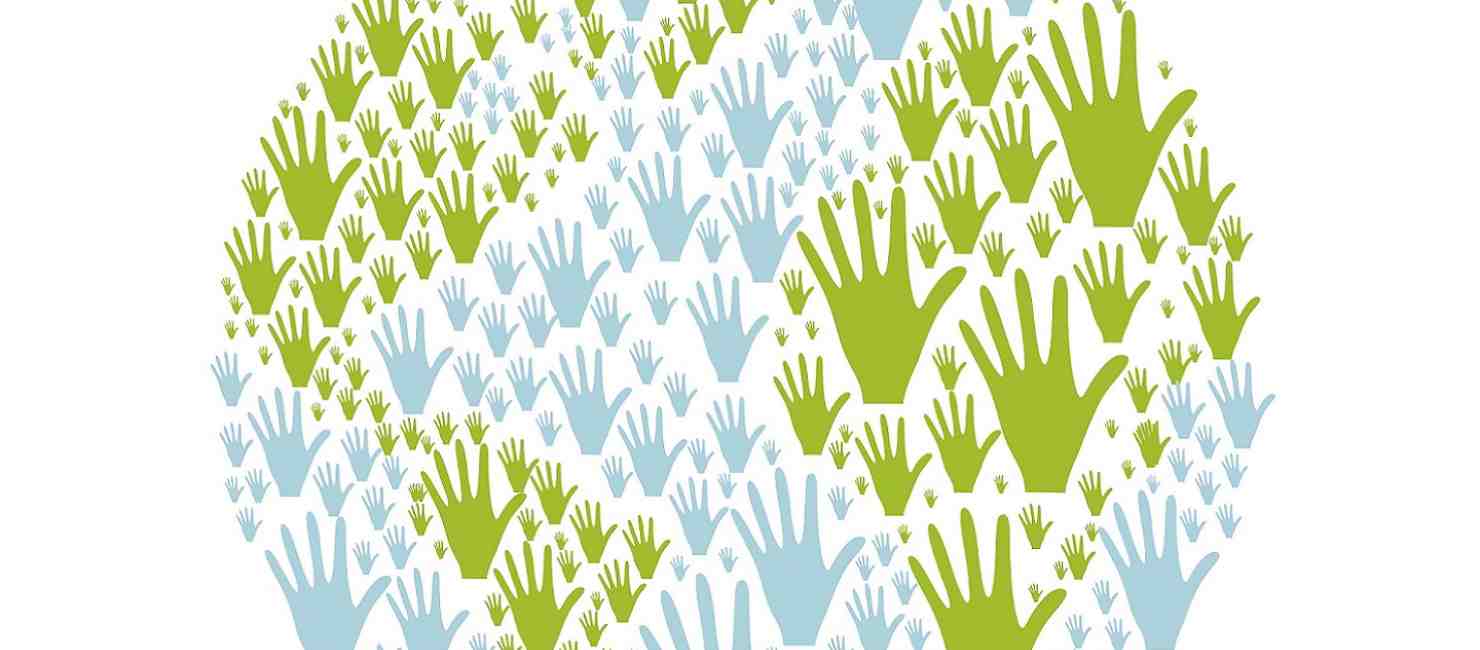Pressured to engage in sexual behaviors at camp
Dear Stop It Now!,
Two same age boys were at a summer camp and one of the boys pressured and involved the other boy in learning to masturbate. During the week, the peer was indiscreet about masturbating and his friend could hear him masturbating under the covers at night. During another incident, the boy masturbated in the same room as his friend, then asked the friend to get something to clean up afterward. The boy who was not the one who initiated the behavior felt awkward and didn't immediately tell his parent about what happened. What is the best way to address this situation?

Dear Concerned Adult,
Whenever a sexual behavior is not consensual or mutual, it is no longer developmentally healthy age-appropriate sexual behavior – even when it involves two children of the same age. I’m so glad you’re asking these questions to help address this sexual boundary-crossing behavior in a way that has both youths’ well-being and safety in mind. From your email, it’s unclear of your relationship to both children, but I’ll give advice whether you’re a camp affiliate, the parent of the child who engaged in the inappropriate behavior, or the parent of the youth who was on the receiving end of this concerning behavior. No matter what your role is, it is critical that we address this youth’s unsafe behavior, and get him support and help.
Understanding Unsafe Sexual Behaviors
Though this may not specifically be bullying, what you describe does have elements of bullying behavior to it. Sexualized bullying seems to be more common than ever before. Though children and youth’s sexual behaviors can look very adult-like and have some very real world consequences to both involved parties, the reasons why youth engage in sexually inappropriate behavior can actually be very different. For example, they can be due to disability or social skill deficit, or because of sexual identity issues, impulse control problems, or other stressors that may be going on in their homes or lives. Although we may not know the reason why we can still respond to both youth supportively and protectively.
Responding to Both Children
If you’re the parent of the child who engaged in this concerning sexual behavior, it would be important to talk to him about what he did – not to shame him – but to ensure that he’s being held accountable for his unsafe choices. If you’re noticing other Signs A Child Is At-Risk to Harm Another Child in his behavior, or if this is a pattern of other similar boundary-crossing incidents (including non-sexual incidents like threatening behavior, bullying, stealing, etc.) it would be a good idea to get a counselor involved in what’s going on. Our specialized resource guide on Youth's Sexual Behaviors has a wealth of information to help caregivers understand more about sexual boundary-crossing behaviors, and how to find the appropriate support when their child is having trouble making safe decisions. For now, he shouldn’t be left in a position of power over younger kids, and he should be supervised in any of his activities with other youth.
If you’re the parent of the child who experienced this boundary-crossing behavior from this boy, it would be important to make sure he knows that it’s fantastic that he spoke up – as for any youth at this age, this is not an easy thing to talk about – but it’s never okay for anyone (even people who are close to us) to make us feel uncomfortable or cross sexual boundaries with us. It’s great he used his voice - let him know how proud you are of him for this.
Just because he experienced this doesn’t necessarily mean that he’ll need a counselor, but it can be helpful to keep an eye out for things that would indicate he would need some outside-help to process this incident. If he were to bring this up repeatedly or if he were to display any warning sign behaviors (anxiety, moodiness, alcohol/substance use, self-harm, drop in grades) then it can be a good idea to involve a therapist; our guide on Finding Professional Support has more on this topic. You can also always get someone involved for him proactively to get their read on how he’s doing.
Safety at Camp
If you’re working with this camp, now would be a great time to review the rules, hiring processes, and safety precautions your youth-serving organization has in place to protect children and adolescents. This is not just to ensure that kids are protected from unsafe adults, but also to confirm that there are a clear set of policies and practices to refer to when a there is a child-child sexual incident – from who gets notified and whether it gets reported to what type of incident reports are done and what type of interventions and follow-up are needed for both children. This resource guide on Prevention for Organizations can help your camp get started on this. And, most importantly, parents of both children should be notified and involved to ensure that they’re able to give their children the support they need right now.
Take care,
Stop It Now!
Feedback:
Please share your feedback on this question
Last edited on: May 17th, 2024

